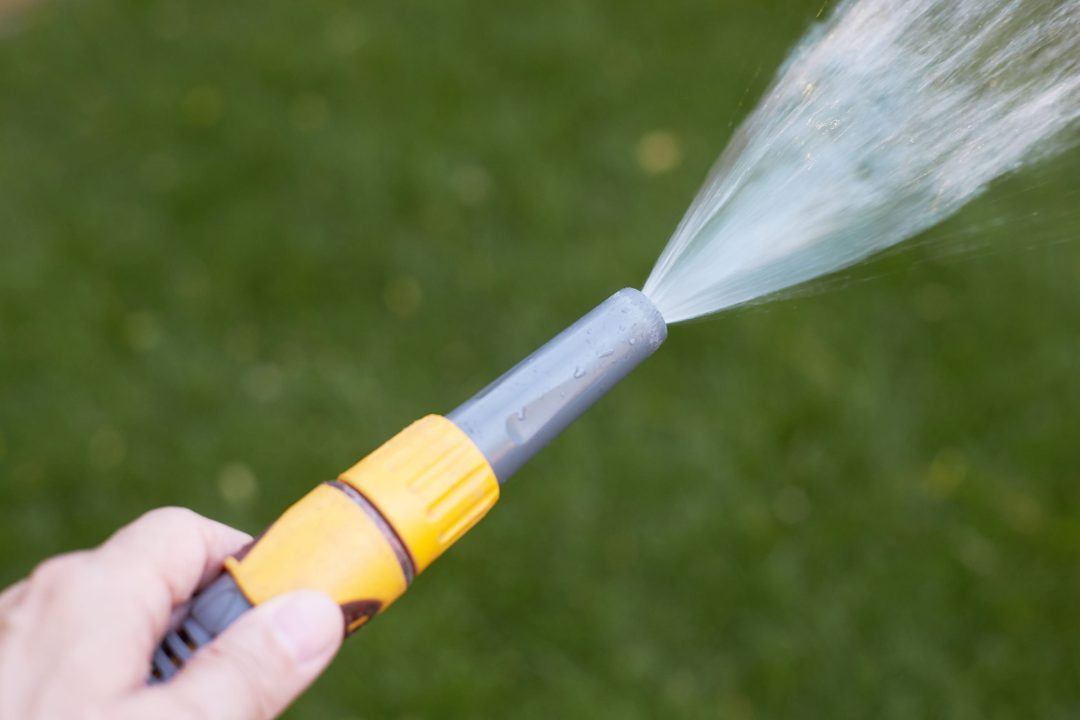Rainfall has led to a decrease in water scarcity across the east coast, though several parts of Scotland are still suffering after a lack of precipitation.
According to Sepa, the River Findhorn, the River Lossie, Lower Dee and Water of Feugh, Lunan Water, North Fife, Leven (Fife), East Neuk (Fife), Tyne (Lothian), Upper Tweed, and Mid-Tweed and Lauderdale have all recovered after rain over the past week, but all are still facing moderate scarcity.
However, significant shortages remain in Findhorn (East), River Avon, Lower Spey, Deveron, Ythan, South Ugie Water, Upper and Lower Don (Aberdeenshire).
Meanwhile, Thurso and Orkney’s water supplies have been raised to moderate scarcity, and Sepa warned this would increase to significant if there is not a substantial amount of rain within the coming week.
In the most affected areas, Sepa has temporary restrictions in place on businesses in a bid to conserve supplies, and members of the public have been asked not to be wasteful with water.
Sepa says low rainfall over long periods of time risks causing long-term, or even permanent changes to rivers.
To better understand the impacts, it has increased ecological monitoring.
Additional assessments have been carried out over the summer to assess impacts on fish, in-stream ecology, and water quality.
Eilidh Johnston, Sepa’s senior manager in water industry and rural economy, said: “Although some areas have recovered from significant scarcity, rivers in eastern Scotland remain under sustained pressure highlighting the vulnerability of eastern Scotland’s water environment.
“We understand that after such a long period the message may feel repetitive, and it’s easy to assume that rainfall will ease the pressure but there’s no guarantee.
“That’s why it’s vital that businesses continue to stay engaged, understand conditions in their area and take action where needed.
“Throughout the spring and summer, we’ve been working closely with abstractors in the areas most at risk – including calling licence holders directly.”
She added: “We’ll also continue to work with organisations like National Farmers Union Scotland, Scotch Whisky Association and Scottish Golf to ensure advice is shared and impacts are understood.
“Clear, early communication continues to be provided, so no one is caught off guard.
“We know how important water is to the Scottish economy, particularly sectors like farming, food and drink, and energy. We also know that without a healthy water environment those sectors cannot thrive.
“As an effective regulator, our role is to balance the needs of businesses with the health of the environment they rely on.
“It is crucial that these environments do not become so stressed that they struggle to recover, which would reduce the water resources available to those businesses in the long term.”
Follow STV News on WhatsApp
Scan the QR code on your mobile device for all the latest news from around the country


 PA Media
PA Media
























